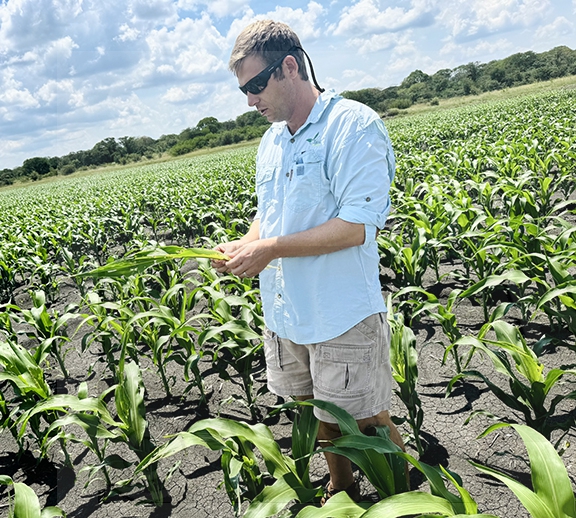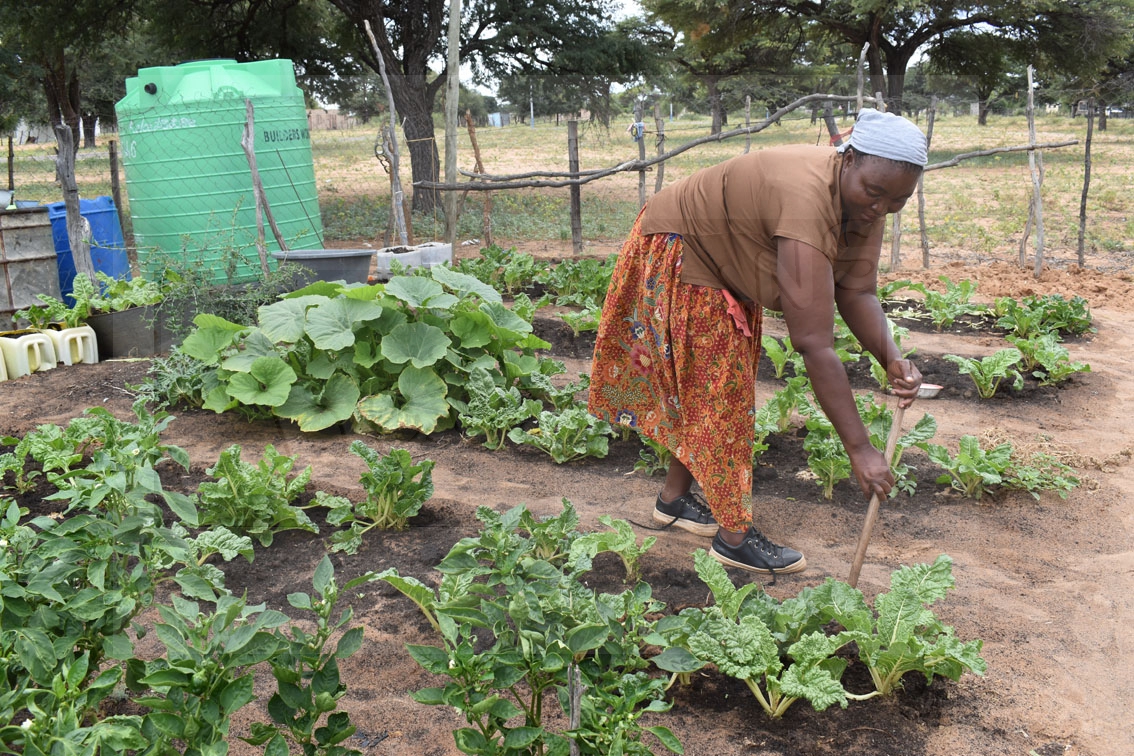Businesses hope for better investment
09 Feb 2025
The Association of Small and Medium-sized Enterprises Botswana (ASMMEB) expresses optimism ahead of the Minister of Finance’s budget speech scheduled for today.
The association is hopeful that the minister will address plans aimed at fostering private sector growth, offering incentives, and creating a more conducive environment for entrepreneurship, while reducing administrative and operational barriers.
In an interview the association’s Deputy Chairperson Ms Boitumelo Ntsosa highlighted significant challenges within the current investment scope, specifically the duplication of processes involved in applying for trading licenses.
She emphasised that the new administration should work to create an environment that allowed businesses to thrive.
According to Ms Ntsosa, navigating the existing investment landscape was cumbersome, characterised by excessive red tape.
“One has to submit the same set of forms to at least three government departments, which can be both time-consuming and costly,” she stated.
She urged the government to utilise technology by introducing online applications to streamline document submissions and reduce printing expenses.
The deputy chairperson pointed that the one-year validity of trading licenses presented a considerable obstacle for local businesses, particularly when renewing licenses or adding new products.
The process often required resubmitting similar applications to multiple departments located in different places across the city, which added to the cost and complexity of doing business, she said.
Furthermore, Ms Ntsosa addressed the competitive challenges faced by local products, stating that established companies often drive competition to a level where small businesses struggle to break even.
“There is significant manufacturing capacity in Botswana that has the potential to reduce unemployment, yet government buyers often prefer imports even when local prices are competitive,” she noted.
Affordability of factory space also emerged as a major issue, with rental costs eroding profits for manufacturers.
Ms Ntsosa recognised that due to various licensing requirements, not every manufacturing business is able to operate from home.
She added that many establishments resorted to using traders who imported goods, even when local options existed. Additionally, listing with distributors, retailers, and wholesalers incurs additional costs, including rebates, with payment terms extending to 30 days or more.
She highlighted preference of the hospitality industry for imported beverages over locally manufactured options, underscoring the need for affordable funding tailored to empower the private sector for sustainable growth.
Ms Ntsosa proposed that the private sector explored strategic partnerships with cooperatives to access affordable funding opportunities.
She also emphasised the importance of tax exemptions for reinvesting profits aimed at fostering local business growth and job creation.
To further ease the burden on the business community, she called for the establishment of a one-stop shop to simplify the business registration process and create a centralized repository for essential guidelines on registration, regulations, compliance, taxation, and legal requirements.
Moreover, Ms Ntsosa expressed expectation that government would implement policy reforms specifically targeting the challenges faced by small and medium-sized enterprises (SMMEs), including limited market access, financial constraints, and inadequate management skills.
She emphasised the need for initiatives designed to eliminate these obstacles, enabling SMMEs to creating jobs and contributing to economic diversification.
To ensure that the perspectives of SMMEs were considered in policy formation, she advocated for their inclusion in consultation processes when drafting regulations and laws.
She emphasised the necessity of sector-specific representation at various governmental boards and committees, such as the High Level Consultative Council (HLCC).
The issue of credit access for small businesses was also raised, with Ms Ntsosa suggesting that financial development institutions should consider easing the loan application process, such as removing the requirement for security on loans below a certain threshold.
Ms Ntsosa encapsulated the aspirations of the ASMMEB by urging comprehensive reforms aimed at enhancing the investment climate for small and medium enterprises in Botswana, ultimately driving economic growth and sustainability. ENDS
Source : BOPA
Author : Marvin Motlhabane
Location : Gaborone
Event : Interview
Date : 09 Feb 2025






